Food mixers have become a game-changer in the world of large-scale culinary production, offering efficient and precise mixing solutions for commercial kitchens, food processing facilities, and other settings. These robust and versatile machines have redefined the way ingredients are blended, ensuring consistency, improving productivity, and meeting the demands of mass food production. Read More…
As a world leader in industrial mixer manufacturing, KADY International offers high-performance industrial mixing machinery including top and bottom entry batch mixers, high shear mixers and chemical mixers.
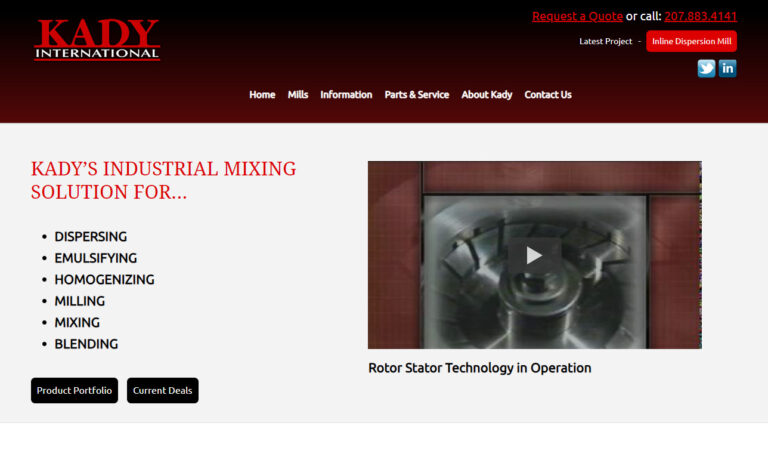
Frain Industries is the world’s largest provider of high quality processing machinery! We offer a wide variety of mixers based on the product and volume our customers require.
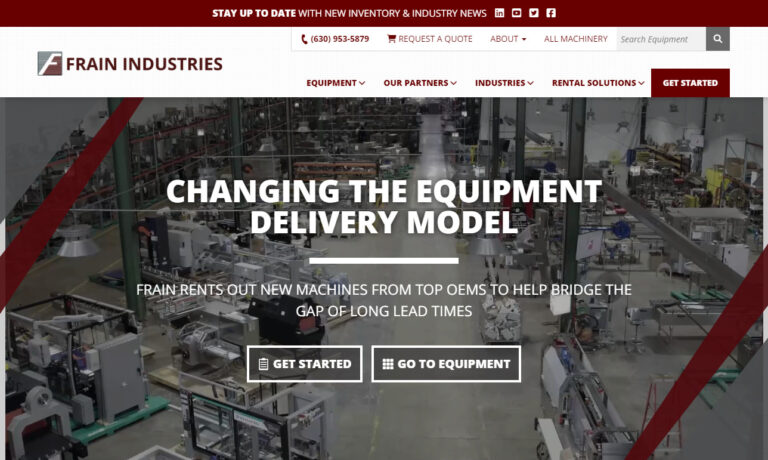
Ross is a leading manufacturer of mixing, blending, drying, emulsification, homogenization and dispersion equipment for the food industry. Our high quality machines contribute to the growing success of hundreds of food companies large and small, meeting their requirements for consistency and reliability while also lowering production costs.
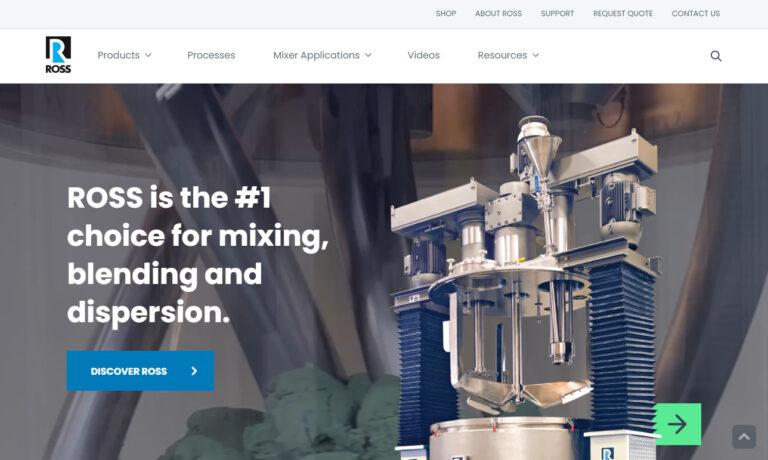
Admix, Inc. manufactures stainless steel mixing technologies & assists with tough mixing issues for a variety of markets. Choose from products such as basic mixers, Rotomaxx™ high torque mixers, BenchMix™ programmable lab mixers and more.
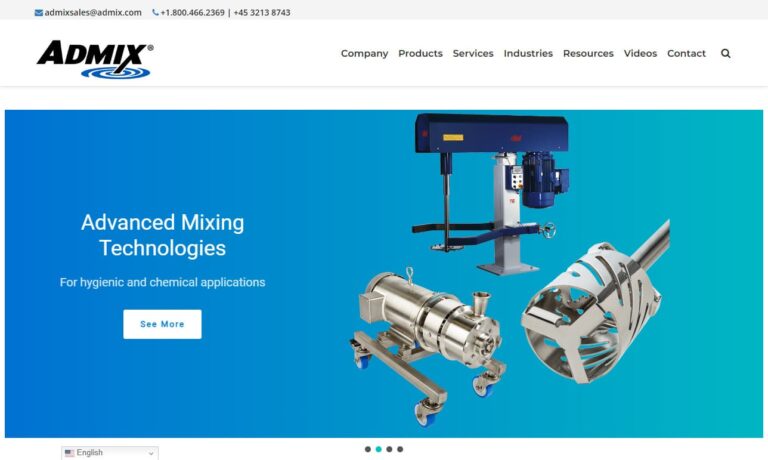
PerMix has been manufacturing mixing and blending equipment since 1954 for the pharmaceutical, nutraceutical, cosmeceutical, food, and chemical industry. PerMix leads the industry in innovative, performance driven, Value Added Engineering mixing solutions of all types for all industries. With over 28 types of mixers, we lead the industry in mixing solutions when it comes to mixing powders,...
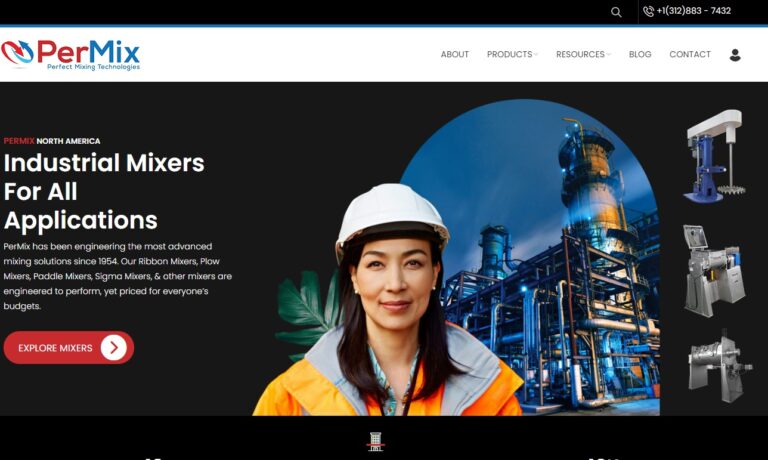
For more than 75 years, we have provided custom designed industrial mixing, drying, moving and controlling solutions for the food, plastics, minerals, chemicals, and biomass industries, manufactured to fit the specific requirements of one type of application- yours. It’s simple really, when you’re proud of your work, you sign your name to it. You’ll find it on everything we build. After...
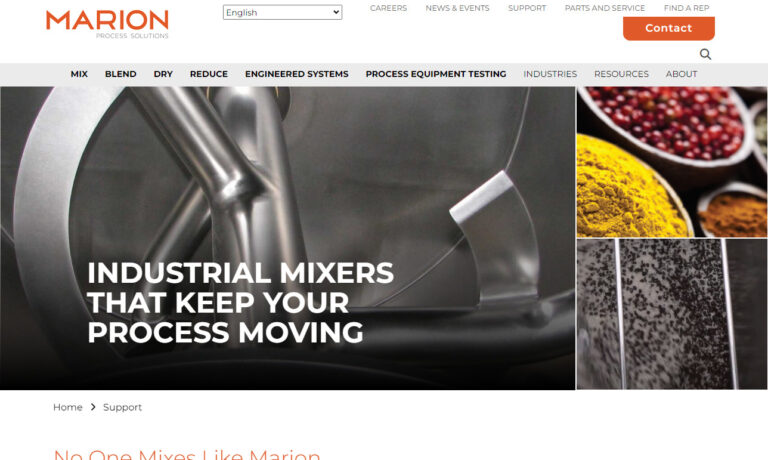
At ARDE Barinco, our goal is to help our clients mix, disperse, deagglomerate, grind and compound their high quality products in the shortest amount of time with the lowest operating and capital cost. Complete, up to date pricing for all standard mixers and spare parts is shown on our website.
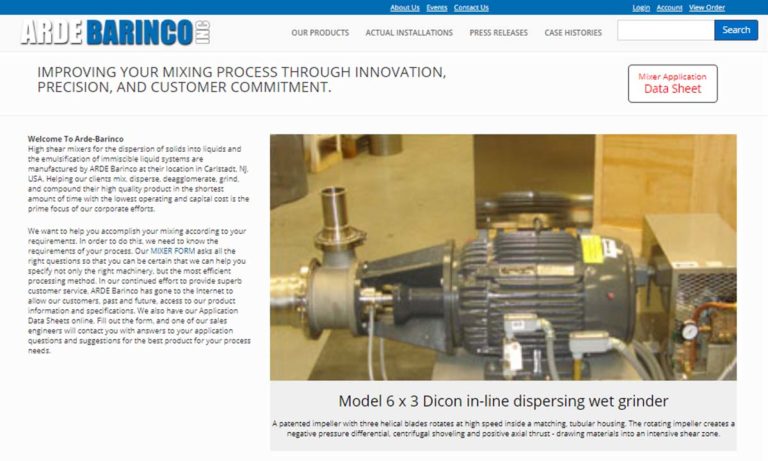
More Food Mixer Manufacturers
Components of Food Mixers
Food mixers share common components that contribute to their functionality in handling large volumes of ingredients. These include a powerful motor, a durable mixing bowl or vessel, and a range of specialized attachments. The motor provides the necessary torque and strength to mix and process substantial quantities of ingredients effectively. The mixing bowl or vessel, often made from stainless steel or other food-grade materials, accommodates significant batch sizes. Specialized attachments such as paddles, agitators, and blades are designed to handle various tasks, from gentle blending to heavy-duty kneading or high-speed emulsification.
Varieties of Food Mixers
Food mixers come in different designs and configurations, tailored to specific applications and industry requirements. Planetary mixers, for instance, are widely used for large-scale bakery operations, capable of handling heavy doughs and producing consistent results. Meanwhile, spiral mixers, with their unique rotating and kneading action, are ideal for bread and pizza dough production, providing exceptional gluten development. Furthermore, high-shear mixers, commonly used in the food processing industry, are designed to create emulsions, dispersions, and uniform textures for products such as sauces, dressings, and spreads. Each variety of food mixer offers specialized features and capabilities to meet the unique needs of different sectors.
Considerations Regarding Food Mixers
While food mixers offer immense benefits, they do present certain considerations. One of the primary considerations is the substantial footprint they require, demanding ample space in kitchens or production facilities. Additionally, the initial investment cost for high-quality mixers can be significant, especially for small or emerging businesses. Maintenance and cleaning processes may also be more complex and time-consuming due to the size and intricate components of these machines. However, the advantages and efficiency gains often outweigh these challenges in culinary settings.
Manufacturer Efforts to Address Considerations
Recognizing these considerations, manufacturers have continually strived to improve these machines.. For instance, efforts have been made to design more compact and space-efficient models without compromising performance. Manufacturers have also focused on optimizing energy efficiency to minimize operational costs. Improved automation features, such as programmable settings and digital controls, have additionally been implemented to enhance ease of use and reduce manual labor. Furthermore, advancements in material selection and engineering have facilitated easier cleaning and maintenance, streamlining the overall operation of food mixers.
Benefits of Food Mixers
The benefits of utilizing food mixers in large-scale culinary production are manifold. These powerful machines enable faster and more consistent mixing, reducing production time and increasing output. Additionally, their precise control over mixing parameters ensures uniform product quality, meeting rigorous industry standards. Food mixers also minimize labor-intensive tasks, such as manual kneading or blending, reducing strain on workers and ensuring product consistency. Moreover, their robust construction and reliable performance contribute to long-term durability, making them a valuable investment for businesses in the food industry.
Applications of Food Mixers
Food mixers find extensive applications across various sectors of the food industry. In large bakeries and pastry shops, for instance, they streamline the production of bread, cakes, pastries, and other baked goods, ensuring efficient dough development and consistent results. Furthermore, food processing facilities utilize high-shear mixers to create homogeneous products, such as sauces, dips, dressings, and spreads, with precise texture and viscosity. Food mixers are also instrumental in the production of processed meats, including sausages and meat blends, where thorough mixing and emulsification are crucial. In the confectionery industry, meanwhile, mixers play a vital role in producing candies, chocolates, and fillings, ensuring precise blending of ingredients and achieving desired textures. Additionally, food mixers are used in the beverage industry for mixing powders, blending ingredients for juices or energy drinks, and homogenizing dairy products.
The Future of Food Mixers
The future of food mixers looks promising, with advancements in automation, customization, sustainability, connectivity, safety, and mixing technologies driving innovation. Automation and robotics could play a significant role, streamlining processes and reducing labor costs. Customization and flexibility should also be key, potentially leading to modular designs and the ability to tailor mixing parameters to specific requirements. Energy efficiency and sustainability will also most likely be prioritized, possibly influencing features like variable speed drives and the use of eco-friendly materials. Additionally, the push for connectivity and data analysis capabilities may enable real-time monitoring and predictive maintenance. Furthermore, enhanced safety and hygiene features could be integrated, while integration with smart manufacturing systems should optimize workflows. Finally, innovation in mixing technologies, such as ultrasonic or vacuum mixing, may improve product quality. Overall, these advancements could transform large-scale culinary production, meeting evolving consumer demands and improving efficiency and product quality.
Choosing the Correct Food Mixer Supplier
To ensure you have the most positive outcome when purchasing a food mixer from a food mixer supplier, it is important to compare several companies using our directory of food mixer suppliers. Each food mixer supplier has a business profile page highlighting their areas of experience and capabilities, along with a contact form to directly communicate with the supplier for more information or to request a quote. Review each food mixer business website using our patented website previewer to quickly learn what each company specializes in. Then, use our simple RFQ form to contact multiple food mixer companies with the same form.

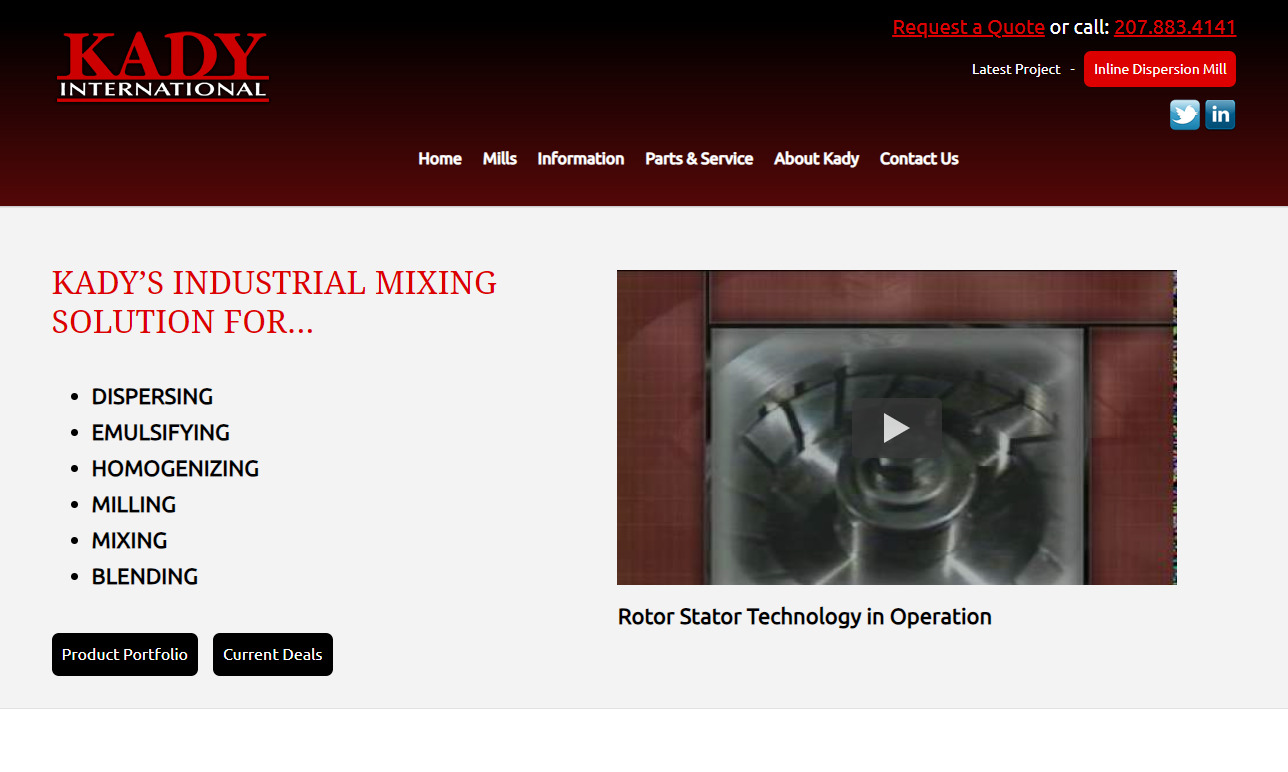
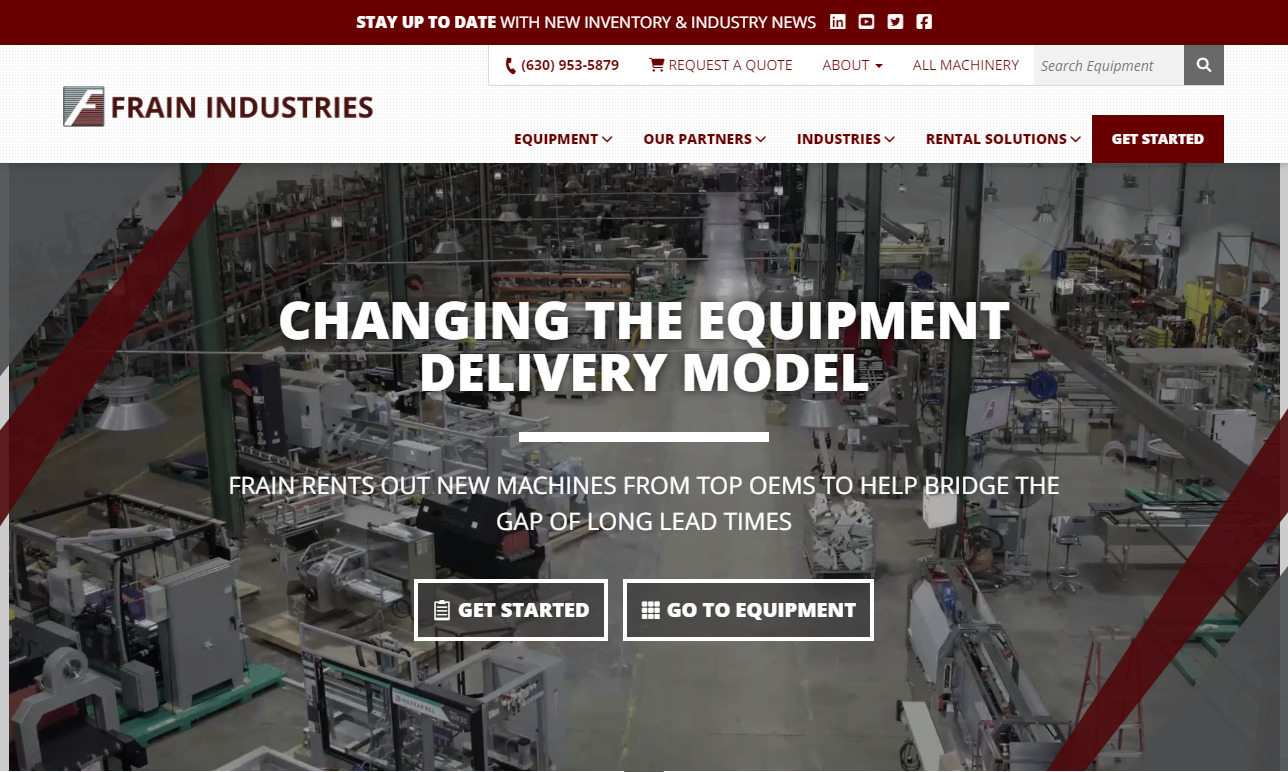
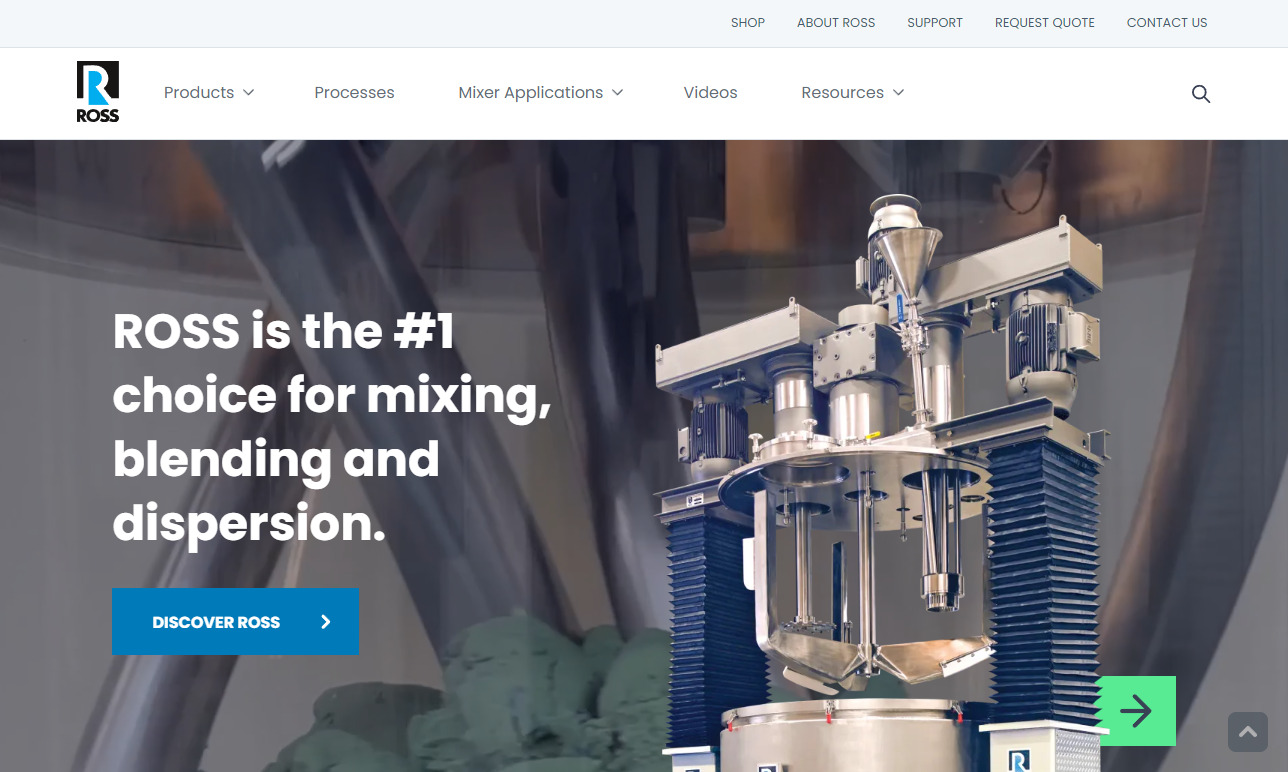
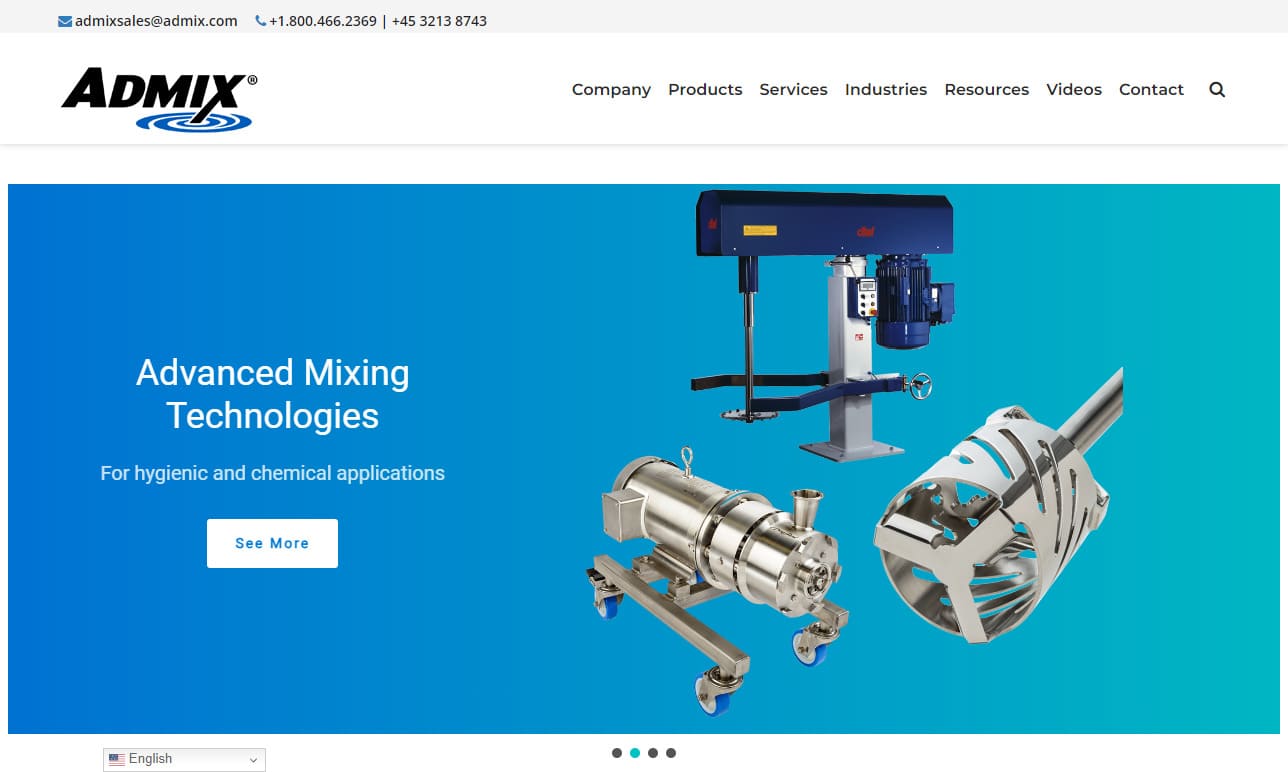
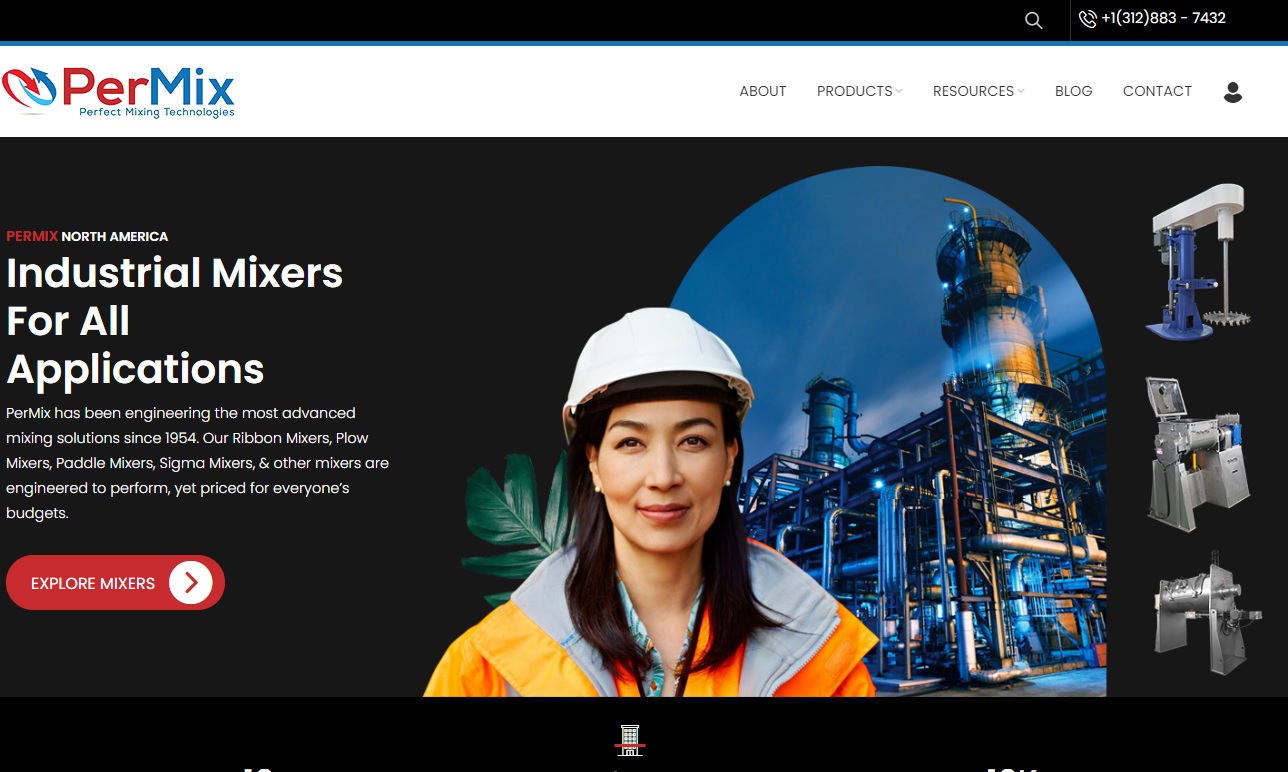
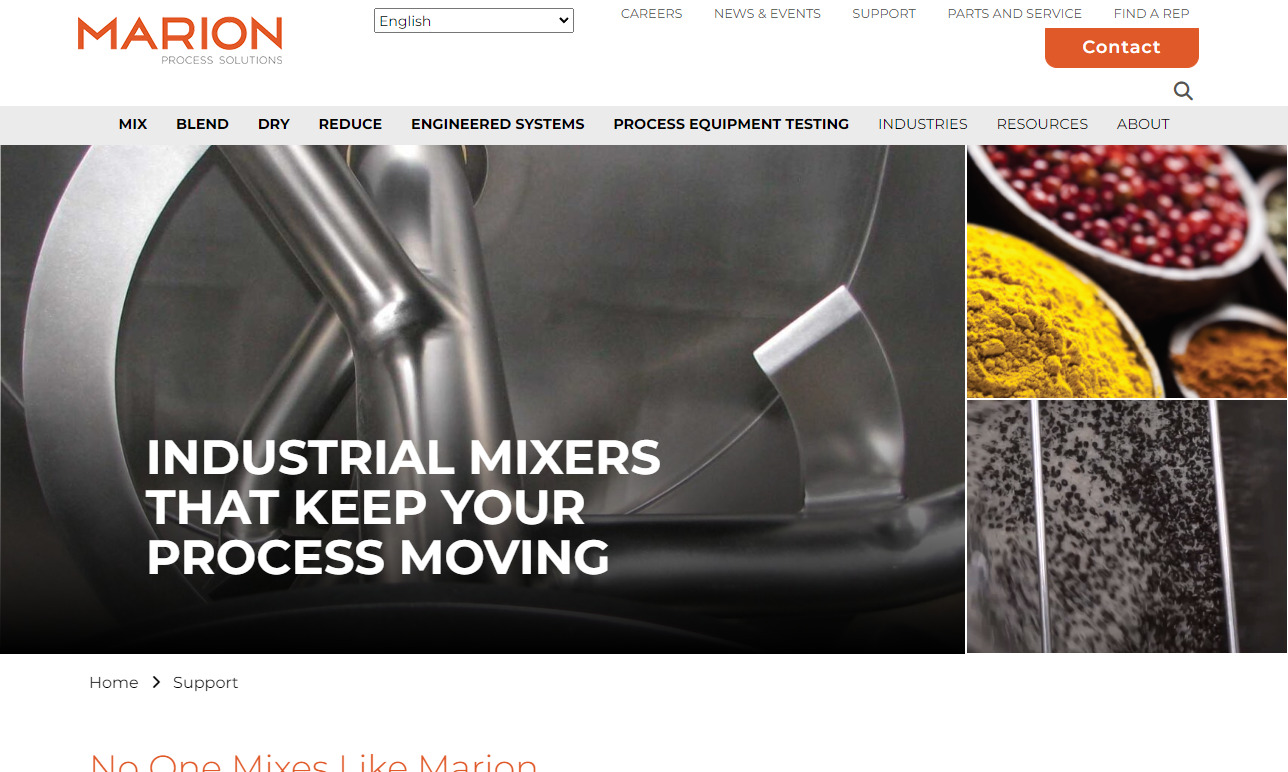
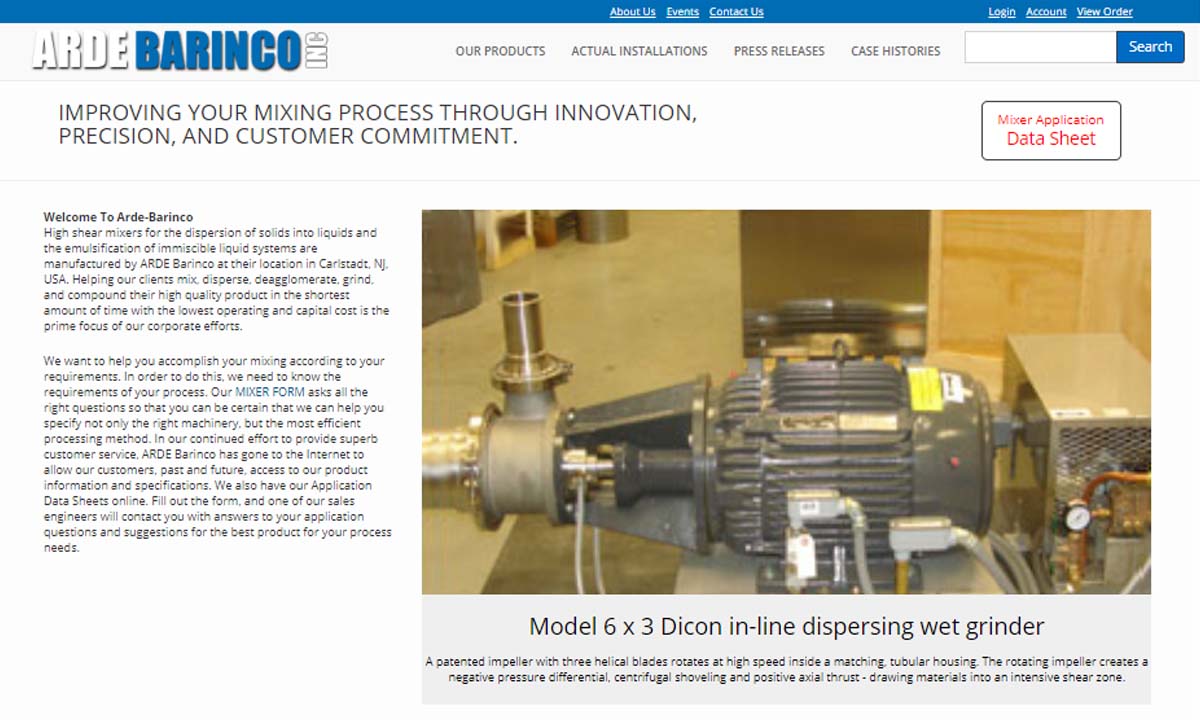
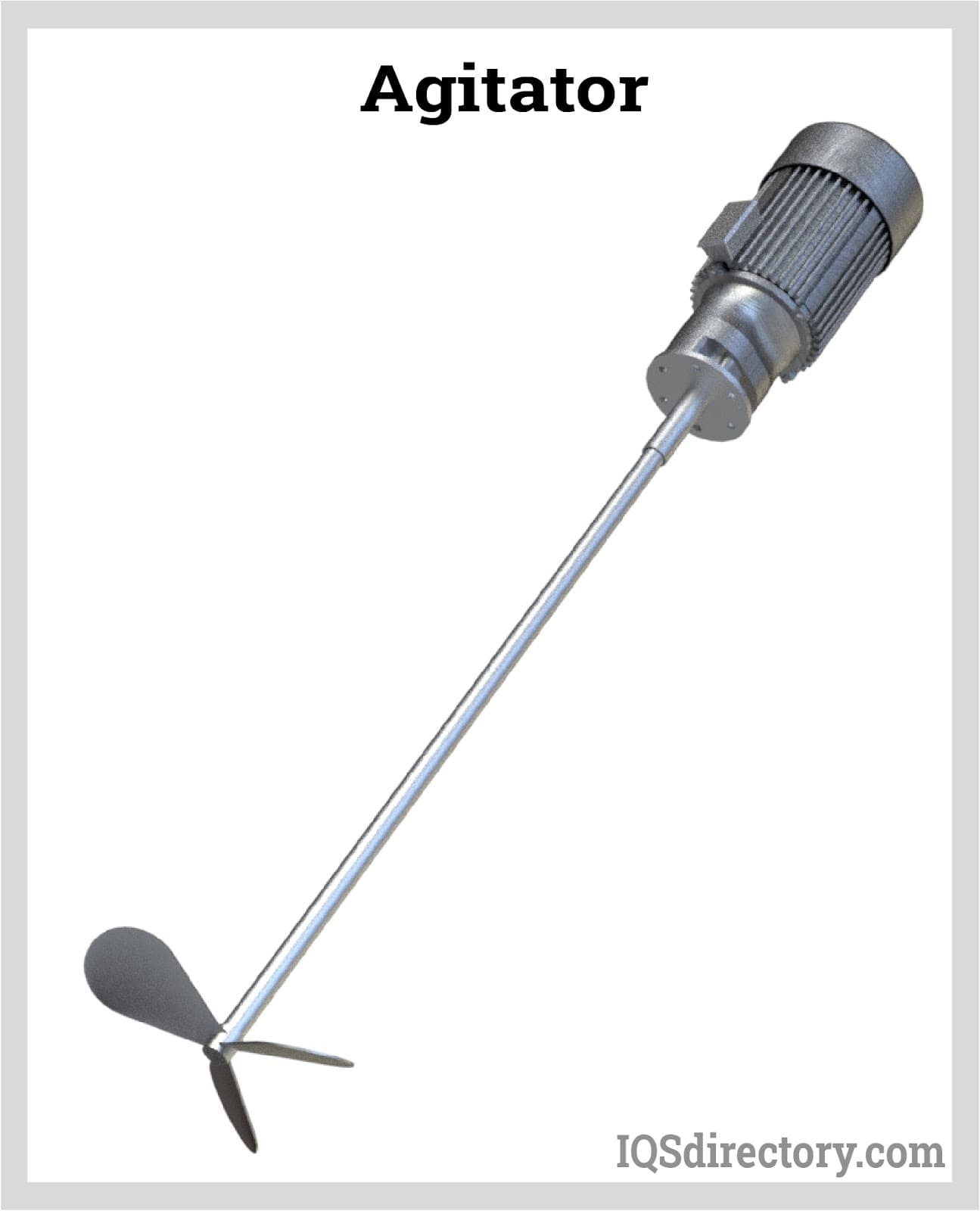
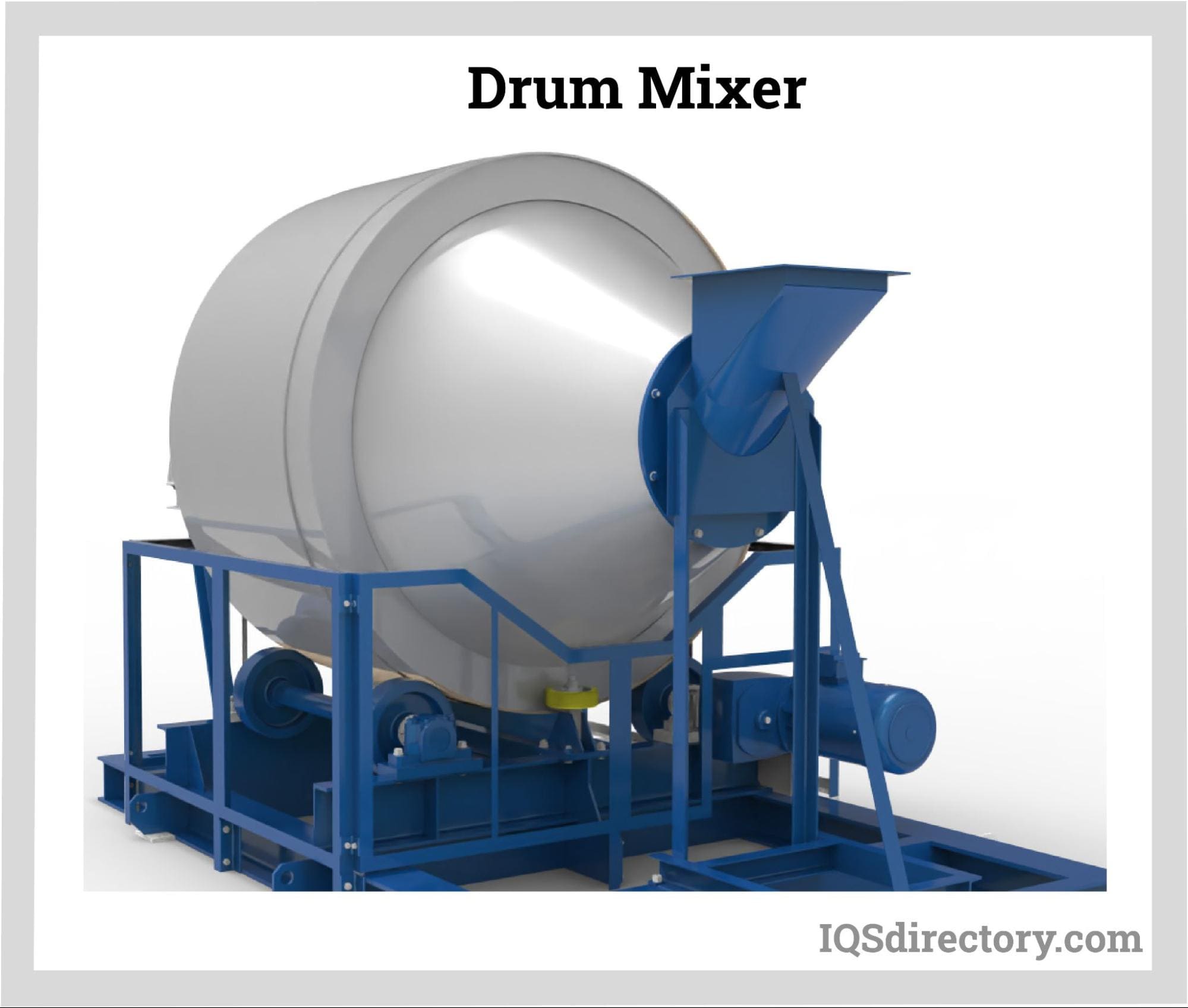

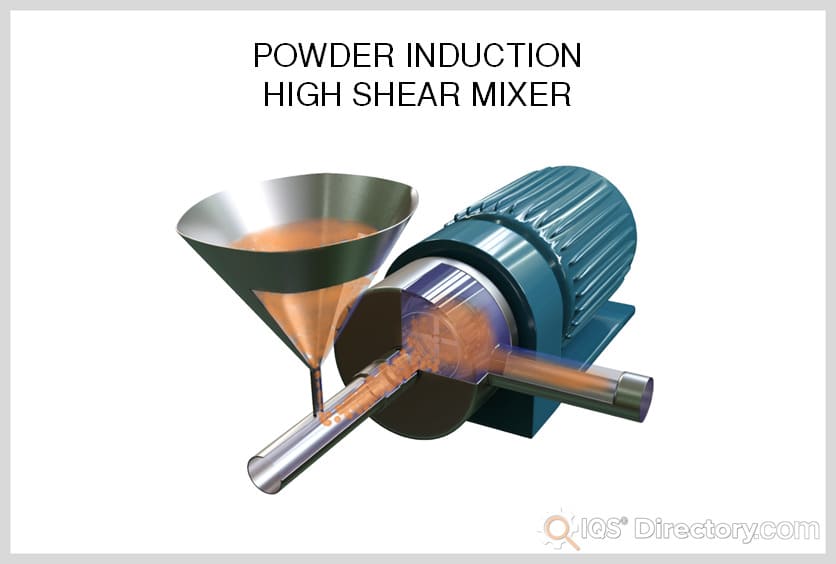
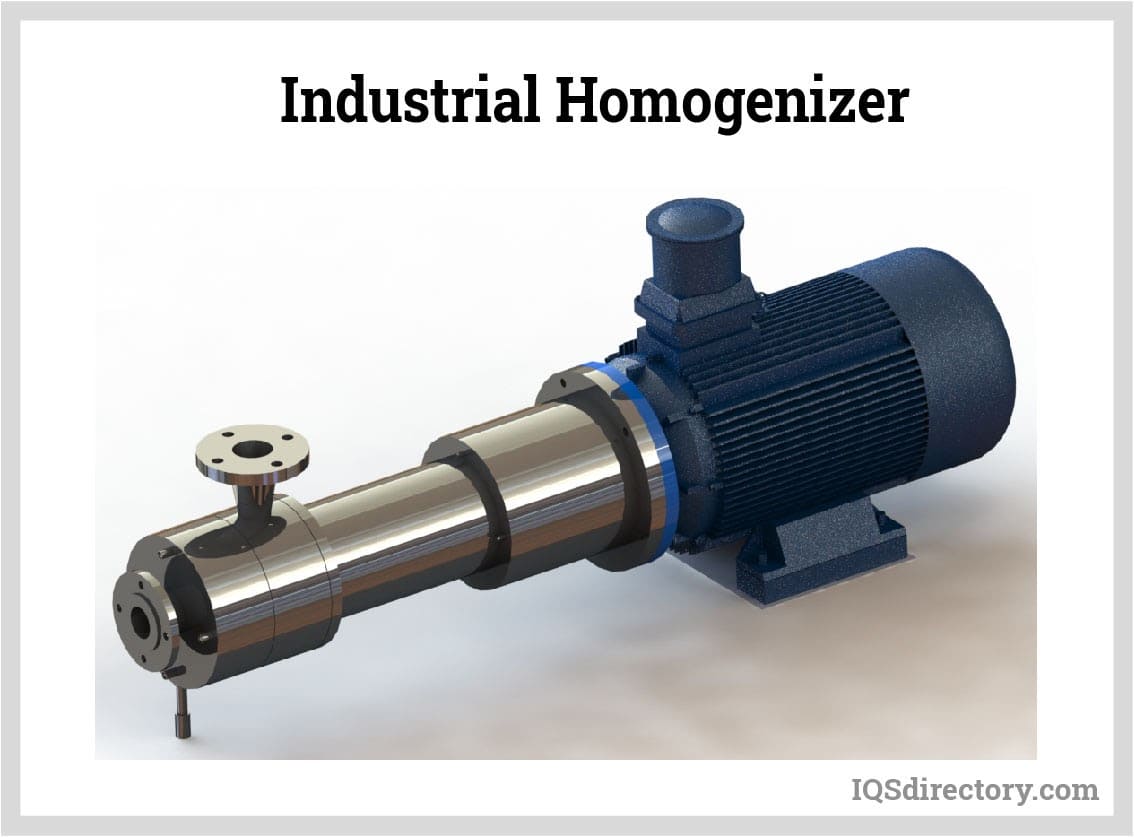
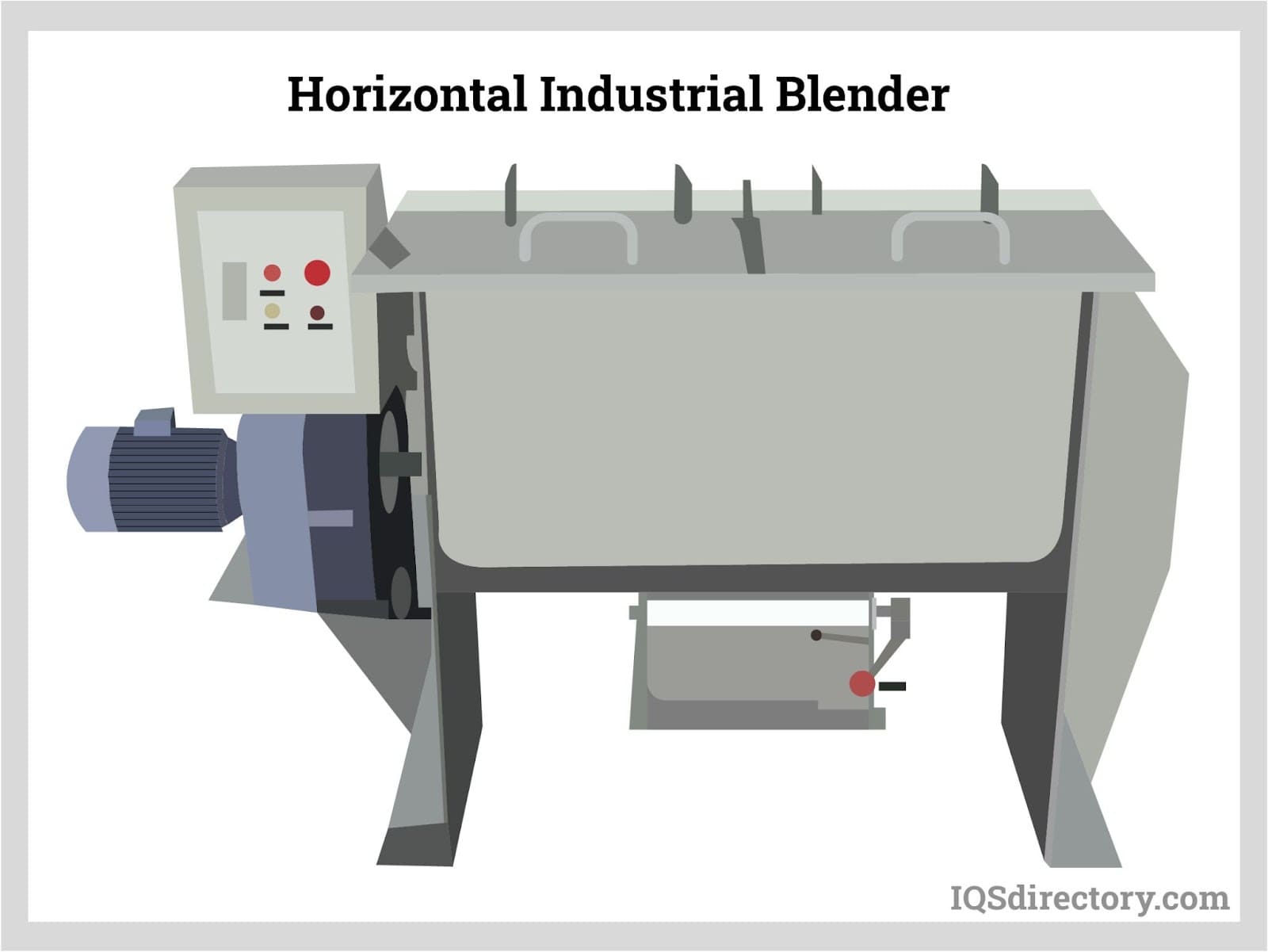
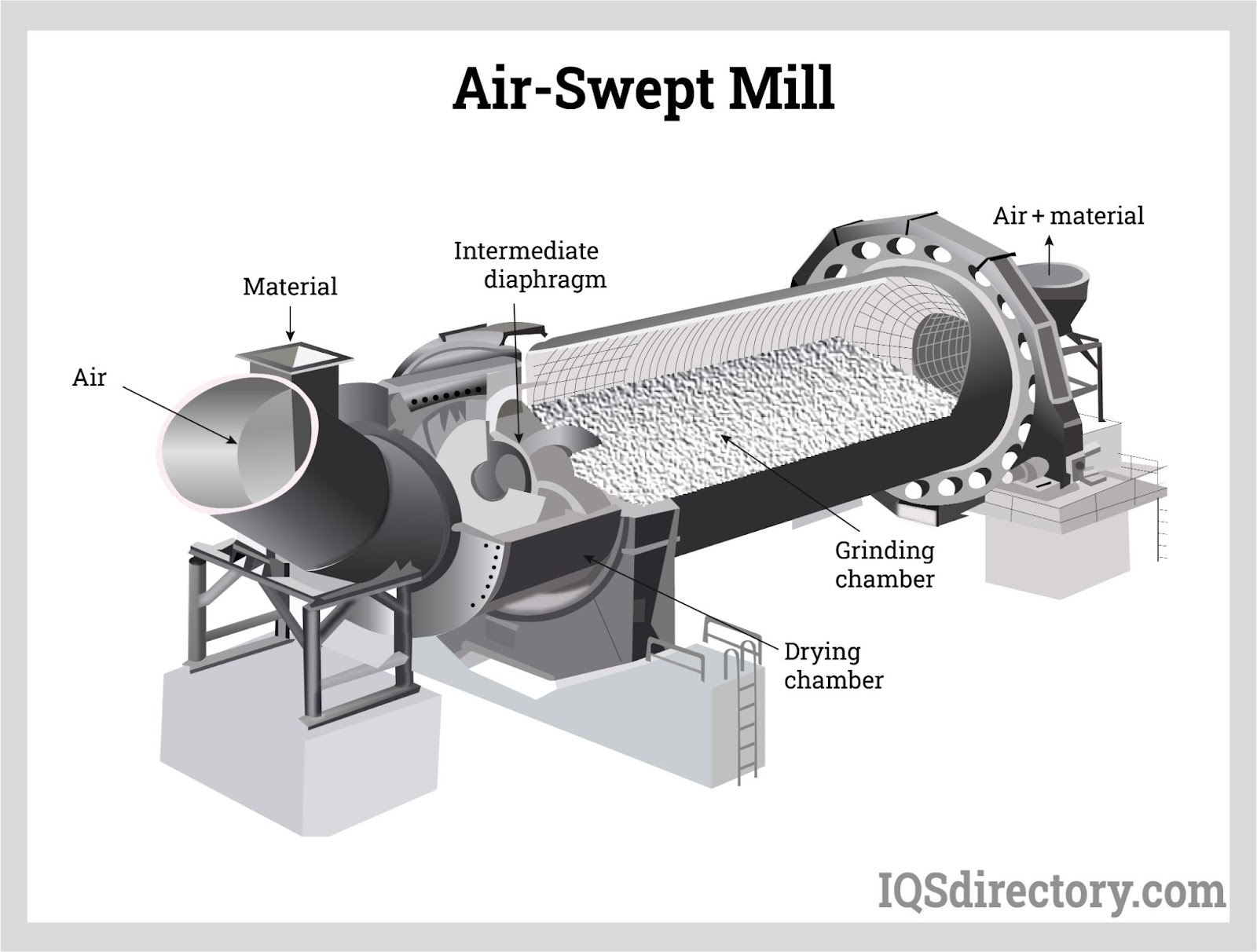
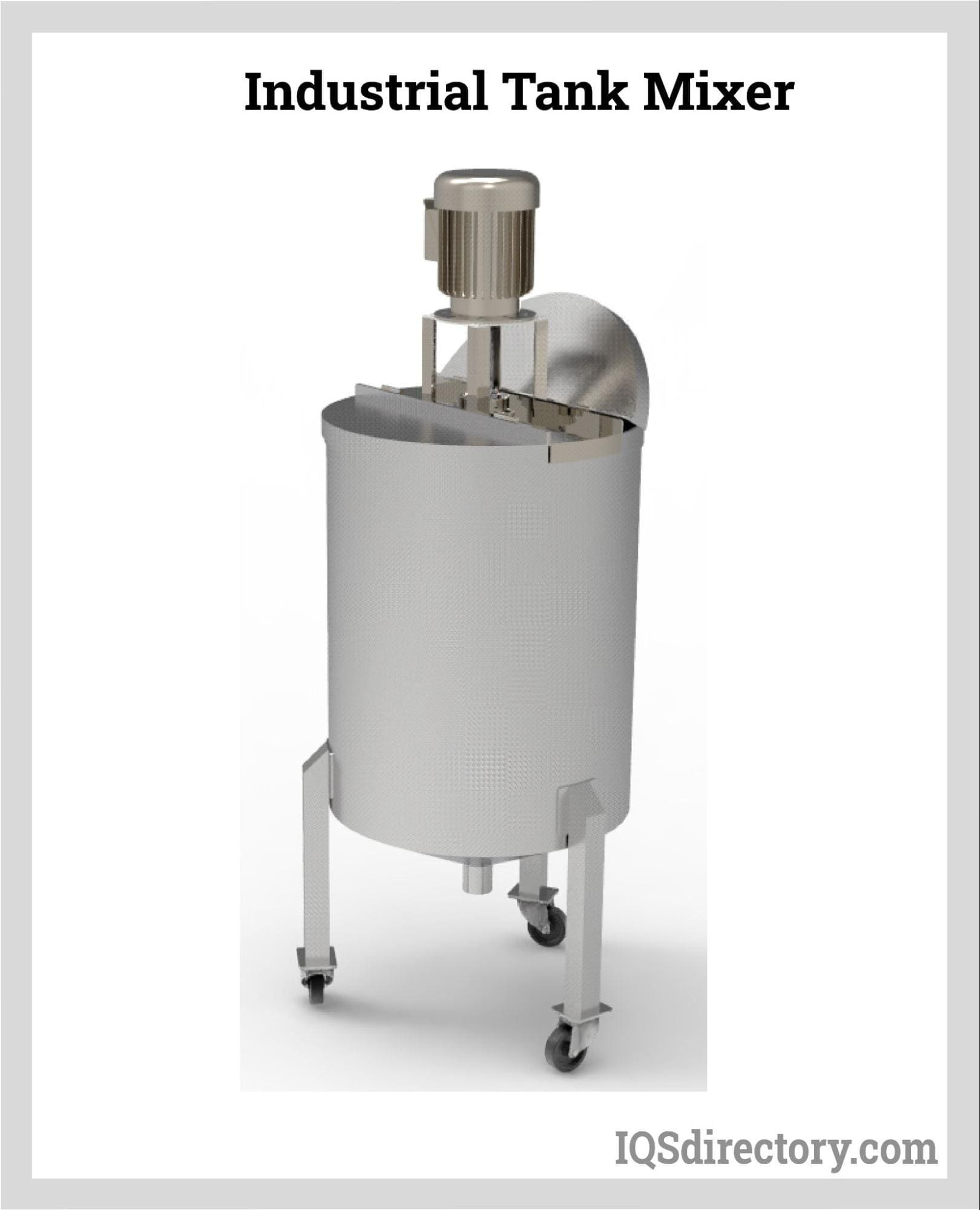
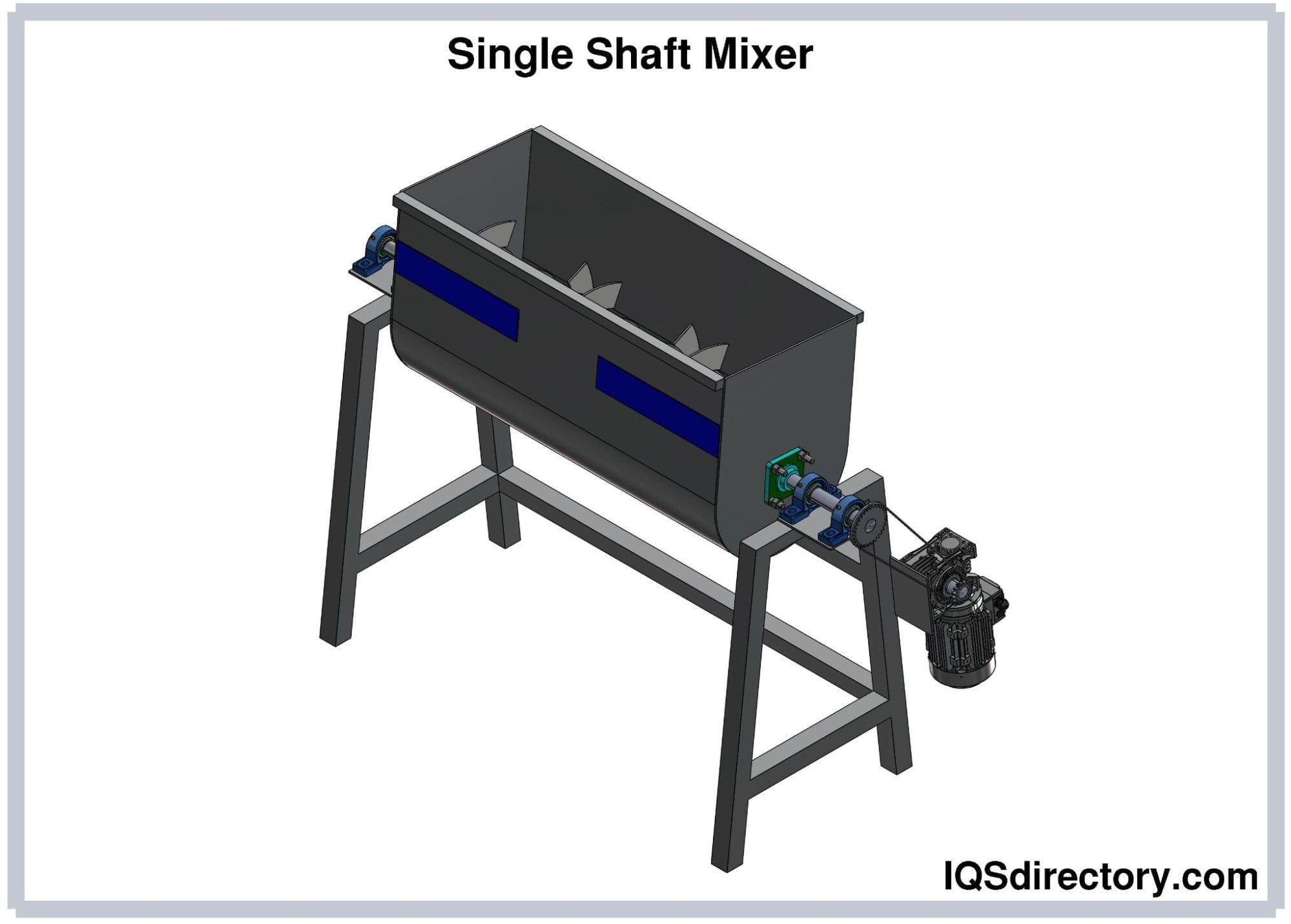
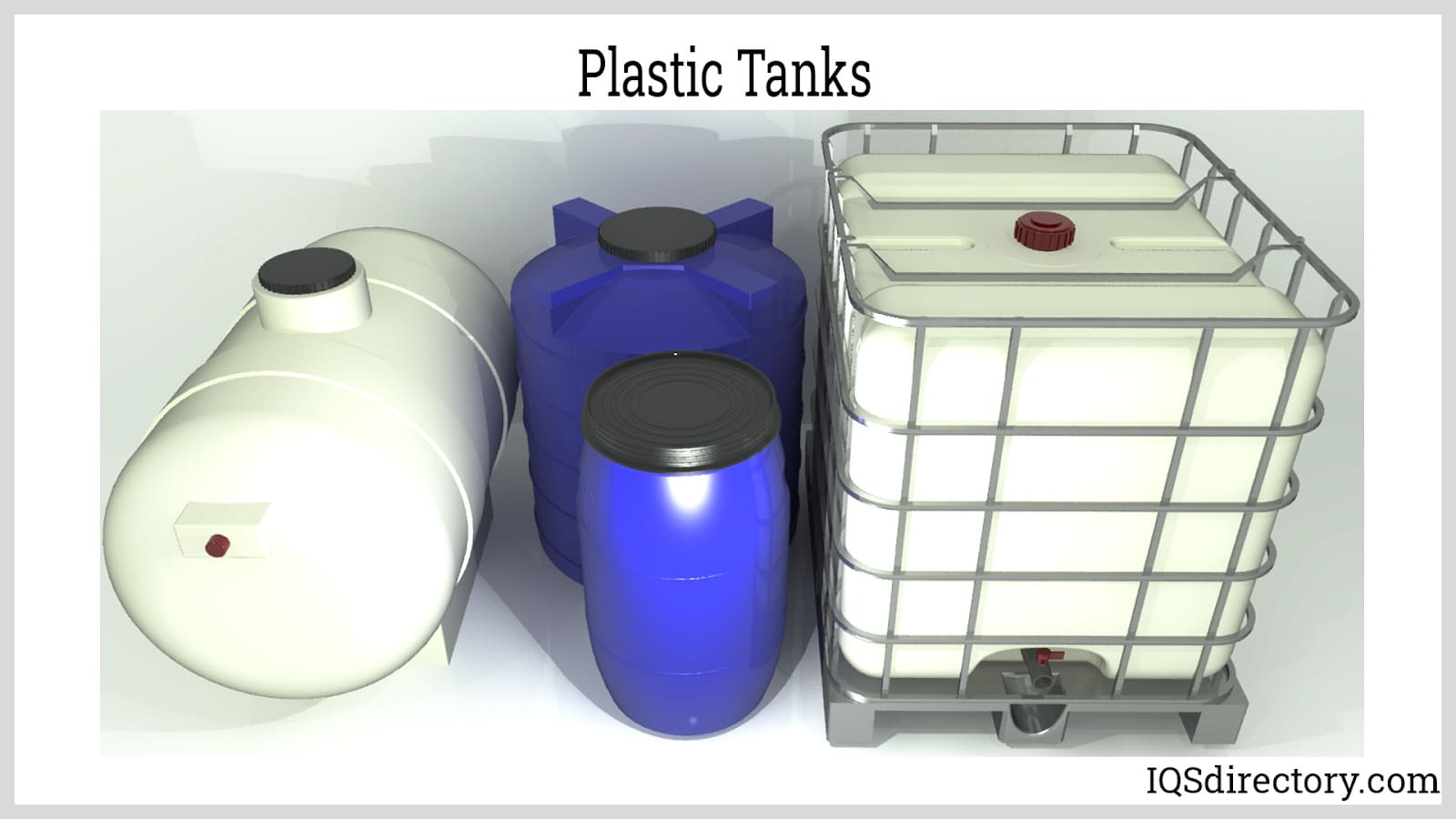
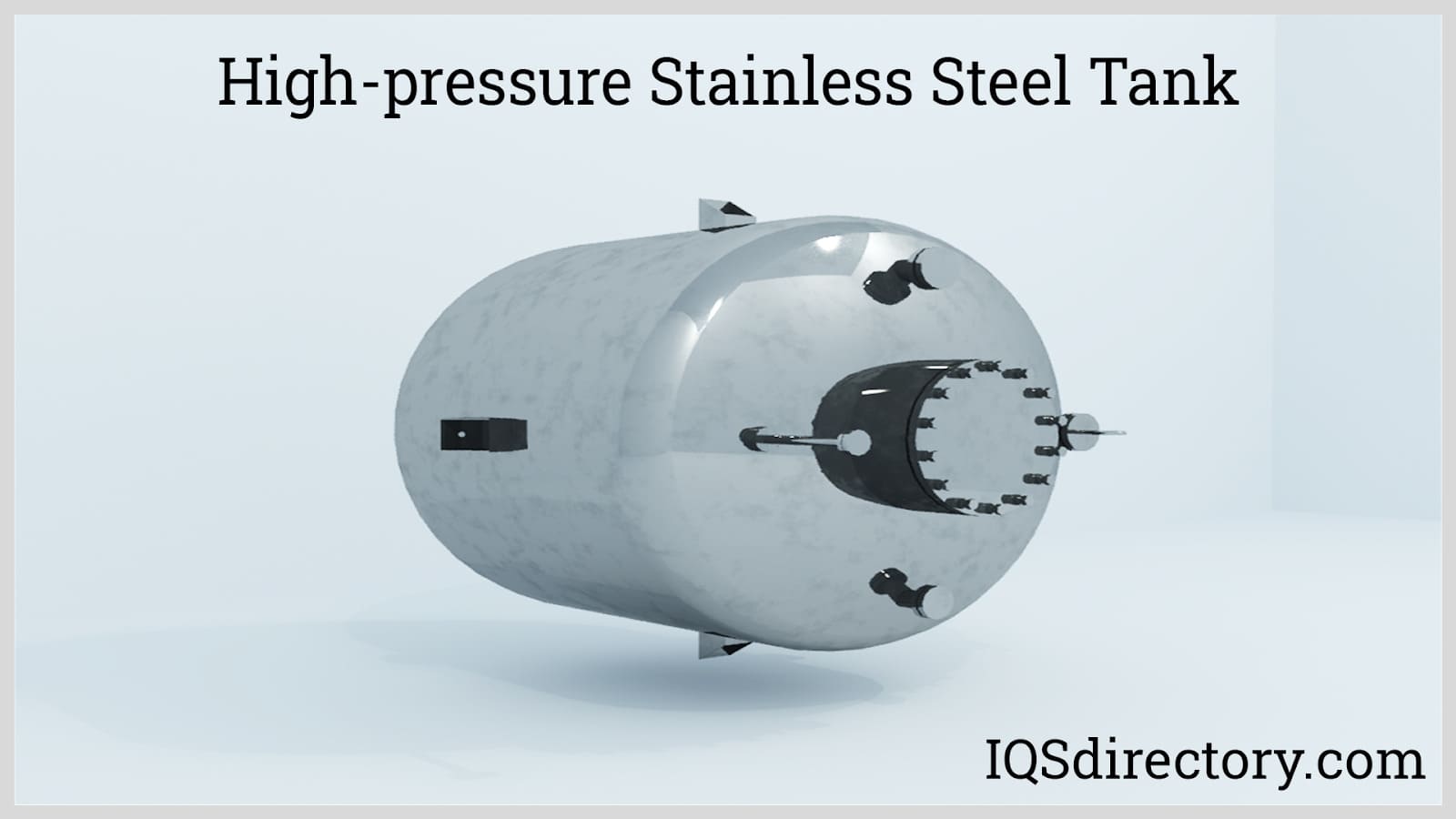
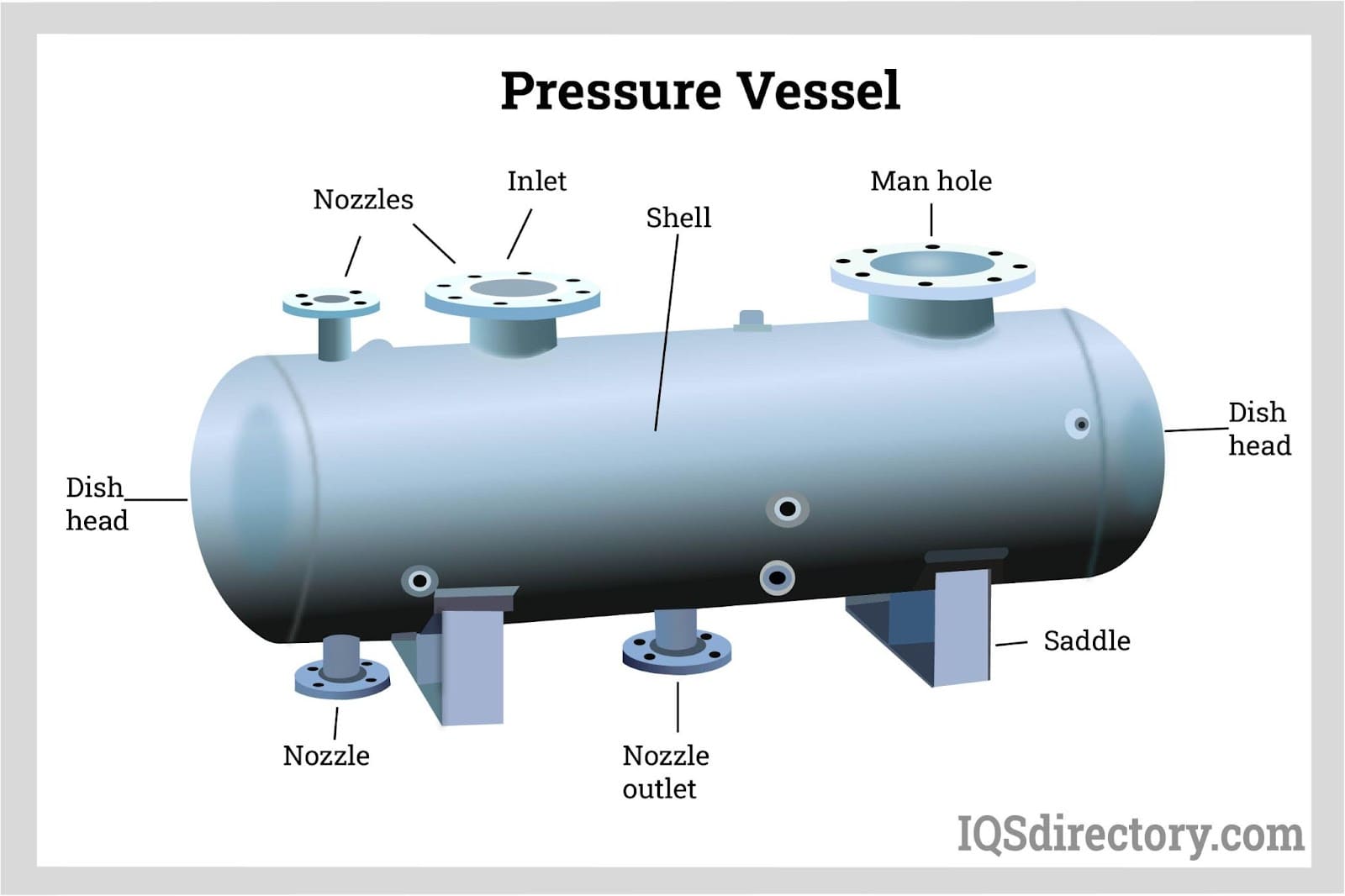
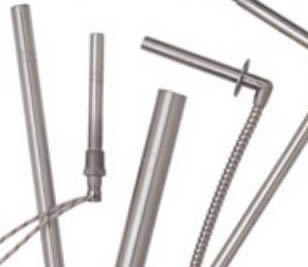 Electric Heaters
Electric Heaters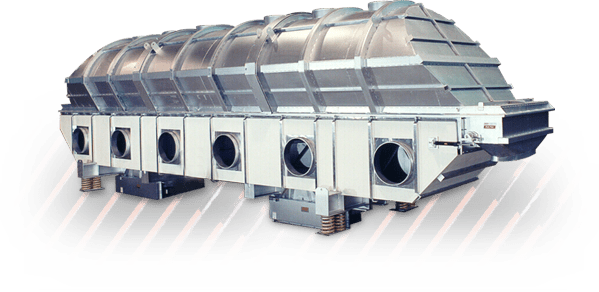 Industrial Dryers
Industrial Dryers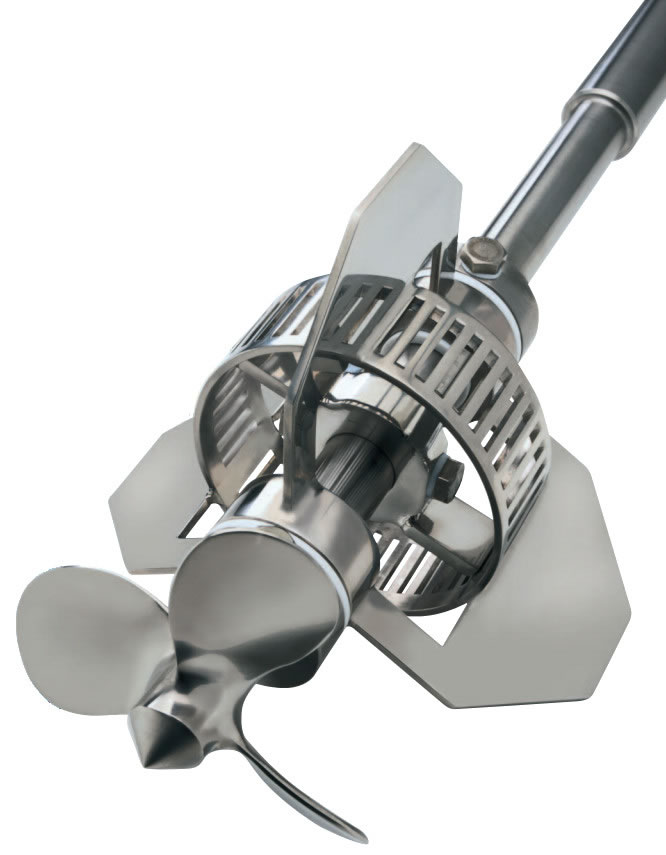 Industrial Mixers
Industrial Mixers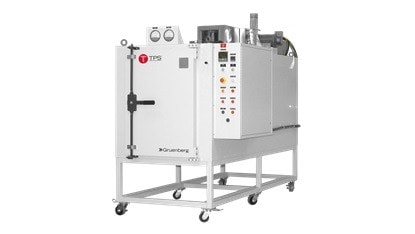 Industrial Ovens
Industrial Ovens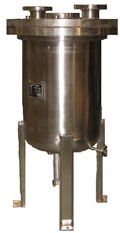 Pressure Vessels
Pressure Vessels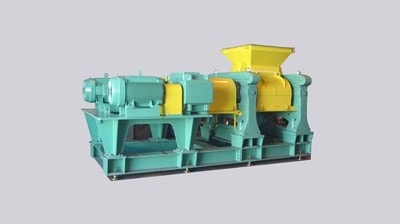 Pulverizers
Pulverizers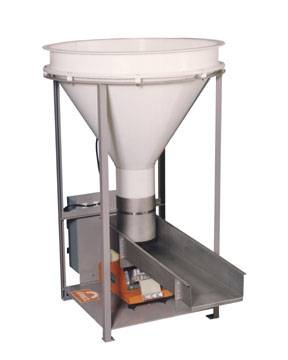 Vibratory Feeders
Vibratory Feeders Castings & Forgings
Castings & Forgings Bulk Material Handling
Bulk Material Handling Electrical & Electronic Components
Electrical & Electronic Components Flow Instrumentation
Flow Instrumentation Hardware
Hardware Material Handling Equipment
Material Handling Equipment Metal Cutting Services
Metal Cutting Services Metal Forming Services
Metal Forming Services Metal Suppliers
Metal Suppliers Motion Control Products
Motion Control Products Plant & Facility Equipment
Plant & Facility Equipment Plant & Facility Supplies
Plant & Facility Supplies Plastic Molding Processes
Plastic Molding Processes Pumps & Valves
Pumps & Valves Recycling Equipment
Recycling Equipment Rubber Products & Services
Rubber Products & Services